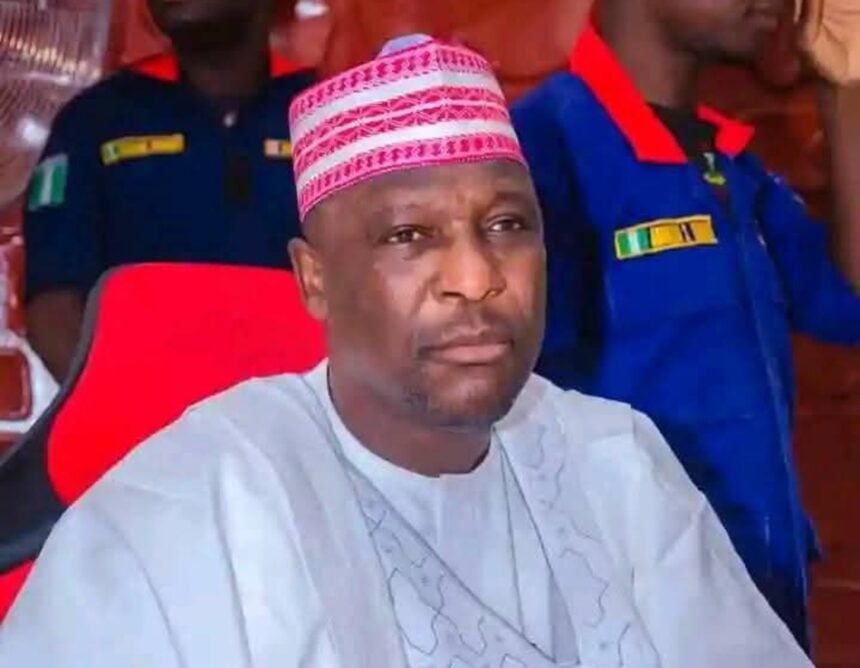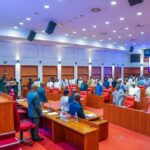Kano State Commissioner for Water Resources, Alhaji Umar Doguwa, has said that reactivating the 95-year-old Chalawa Water Works, where equipment has been vandalised and stolen, would cost a total of $3.5 million (three point five million dollars).
Speaking while conducting pressmen on a site visit, Alhaji Doguwa stated, “This place was established in 1930 by the colonial government and has been supplying water to Kano metropolis up until 2016, before it was vandalised under the immediate past administration.”
Doguwa lamented the extent of damage done to the facilities, with many items stolen, adding that this act by the previous administration has contributed to the water shortage the state is currently facing.
The Commissioner explained that no less than $3.5 million would be required to reactivate the Chalawa Water Works, as some of the stolen machinery can only be produced on demand since they are not readily available in the market.
He also noted that Kano metropolis requires 700 cubic litres of water daily but is currently receiving only 300 cubic litres.
“This facility has been dilapidated, and most of the machinery was stolen under the immediate past administration. In fact, there were some individuals who claimed that the water works had been sold to them,” Doguwa said.
“There is a 15-kilometre underground pipe that supplies water to the water works, which was dug out and stolen. We have not been able to trace where the pipes are at the moment,” he added.
“Other items stolen from the Chalawa Water Works include raw water pumps, electrical facilities, electrical starters from control rooms, and underground pipes.”
Corroborating the Commissioner’s claims, the Managing Director of Kano State Water Board, Engr Garba Ahmed, stated that the Chalawa Water Works, known as the first water works in the state, was constructed in 1927 and completed in 1930.
According to him, “The plant has a capacity of 20 million litres per day. At that time, the water produced from this plant was sufficient for Kano, and there were no complaints about water shortages.”
He emphasised that additional water works were constructed in Kano due to population growth. He also noted that the facility had operated without failure until 2016, providing adequate water supply to the metropolis.
“As at 2002, this plant was providing water to Dorayi, Kabuga, Kofar Fanfo, Jan Bulo, Bakin Bulo, Rijiyar Zaki, Bayero University New Site, and the Janguza Army Barracks,” he said.
“With the stoppage of work at this site, all the mentioned places are no longer receiving water, and nothing can be done unless this plant is rehabilitated.”
“When we took over in 2023, it was very unfortunate to find that all the machinery and accompanying accessories had been carted away, including the armoured cables, during the immediate past administration. They were stolen and have likely been sold.”
“A particularly sad development is that the transmission line—the raw water transmission line conveying half of the plant’s intake—covers a distance of almost 15 kilometres. All the pipes were uprooted, carted away, and likely stolen.”
He further stated, “Even the intake facilities were destroyed, taken away, and sold.”
The Commissioner explained that even with the repair and restoration of the Chalawa plant, along with the other water plants in Tamburawa, the Second Water Works, the Third Water Works, and others, only 500 million cubic litres of water per day could be produced.
This means additional sources would need to be constructed to provide the remaining 200 cubic litres of water required to meet the 700 cubic litres of daily demand in Kano metropolis.
ALSO READ FROM NIGERIAN TRIBUNE






